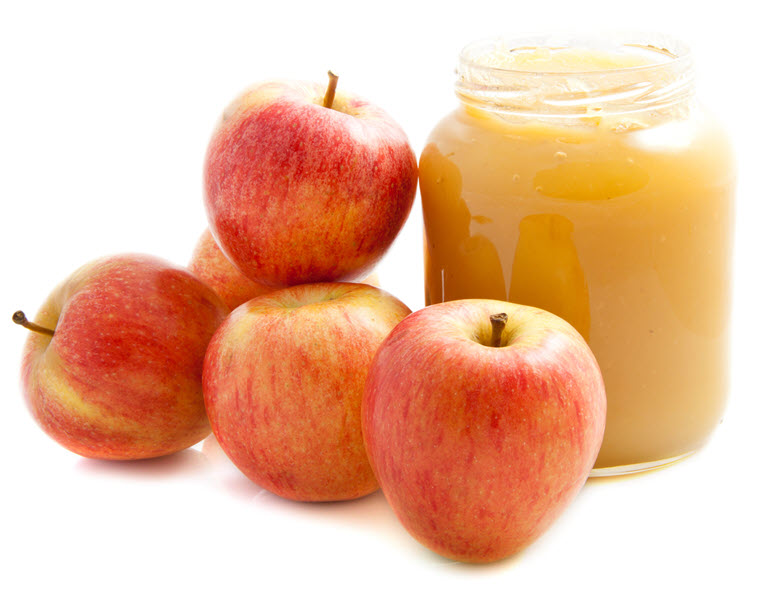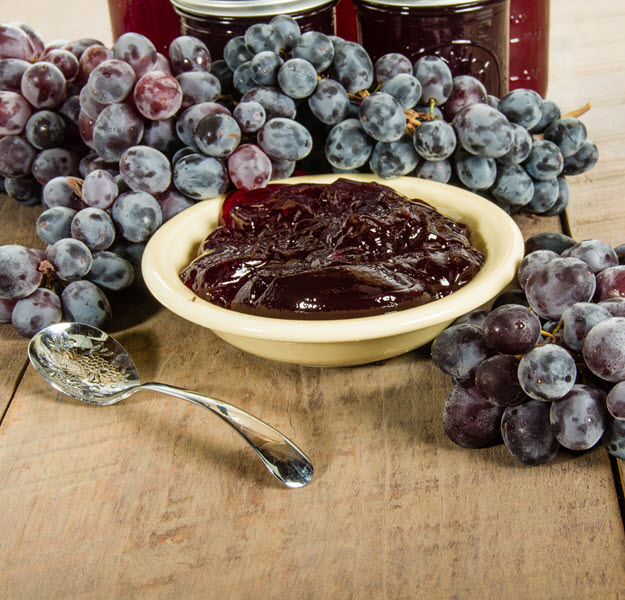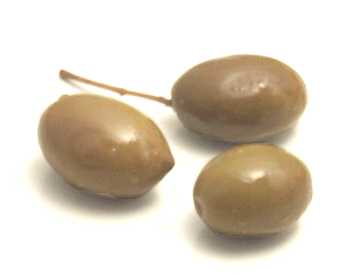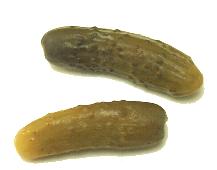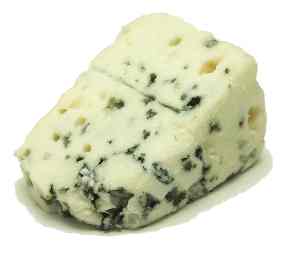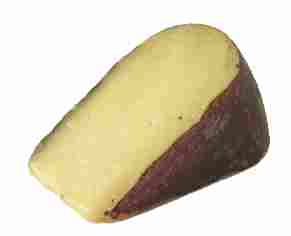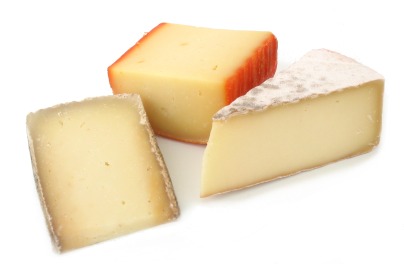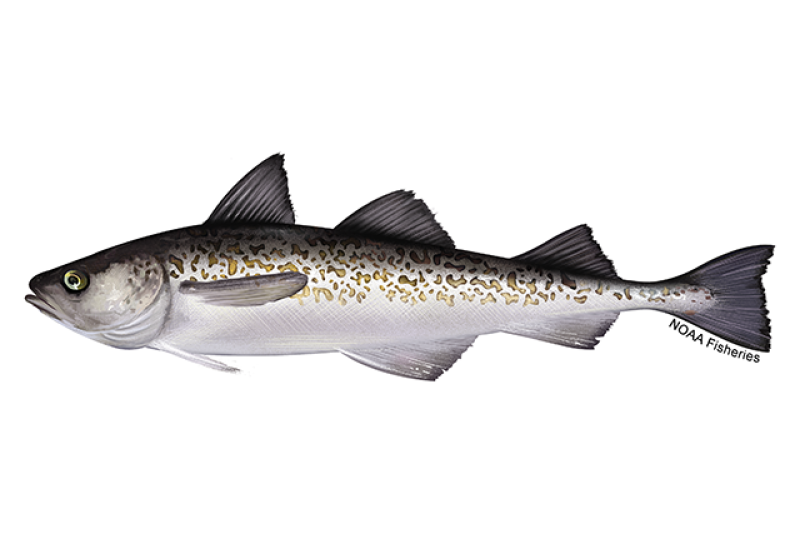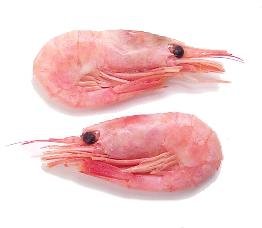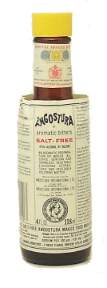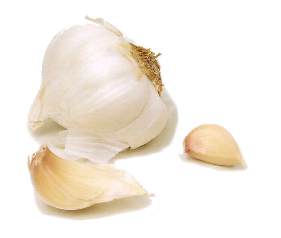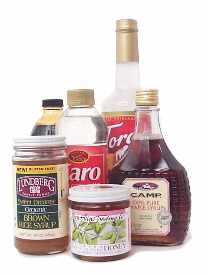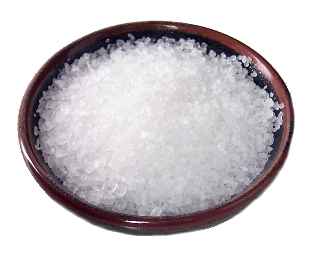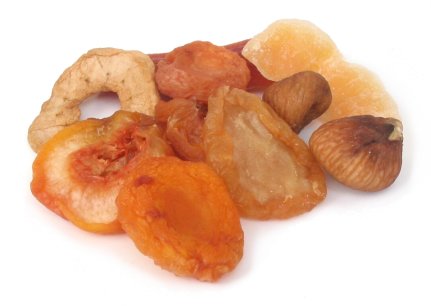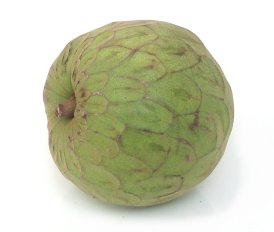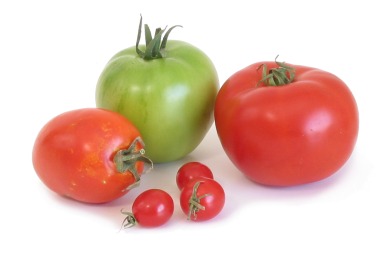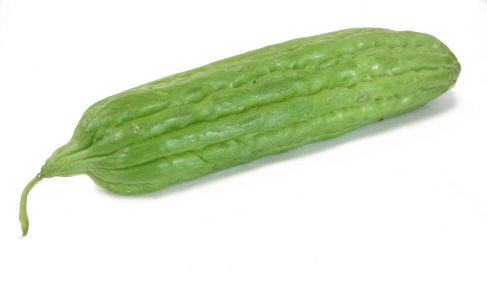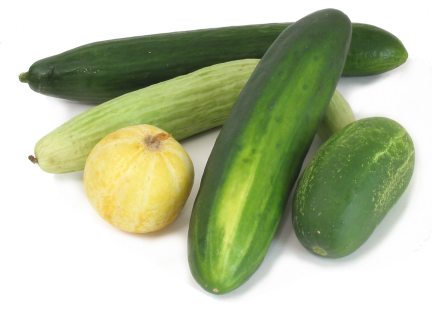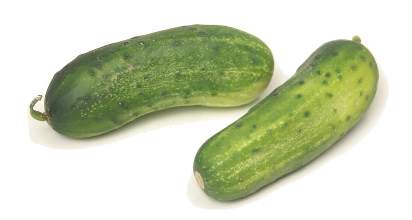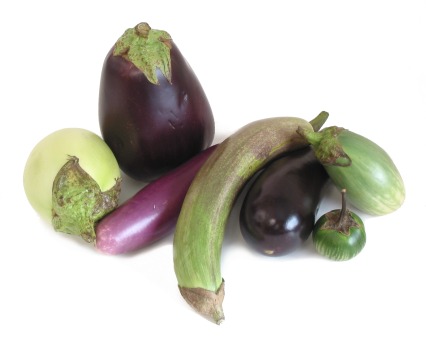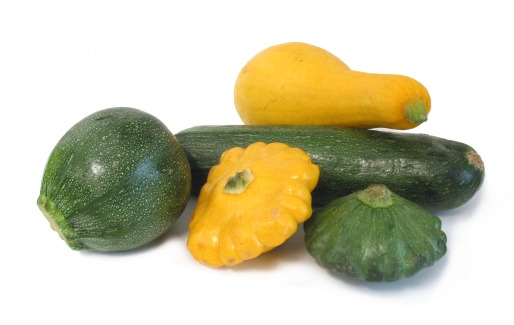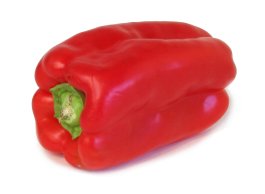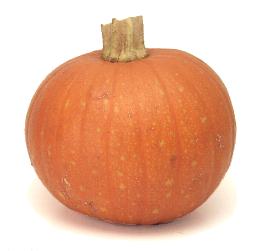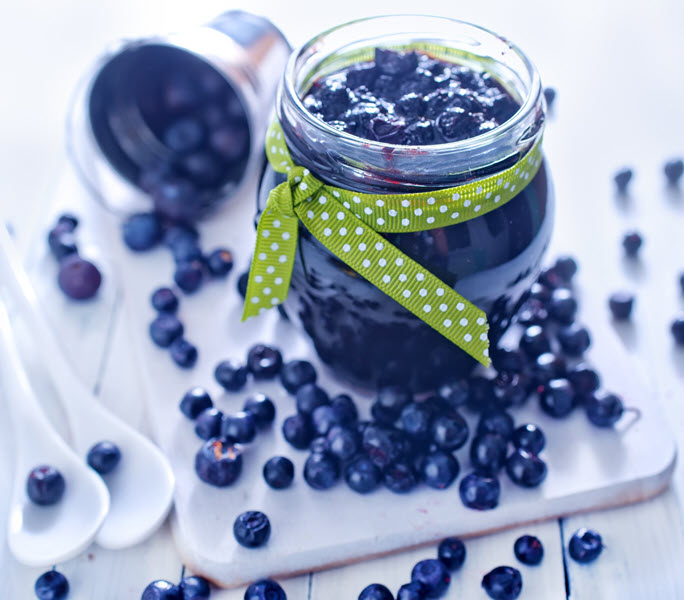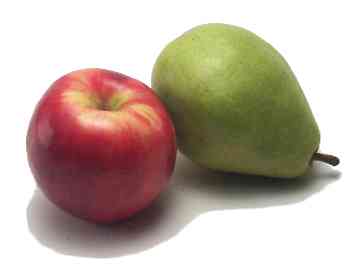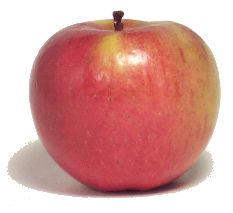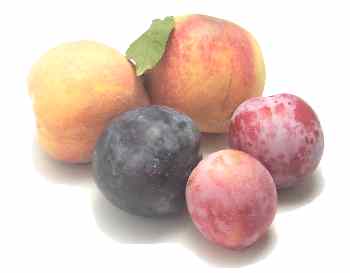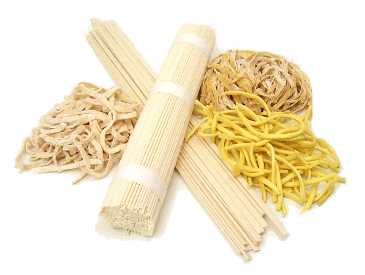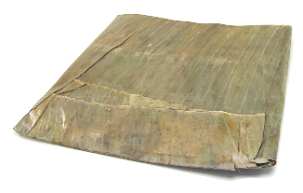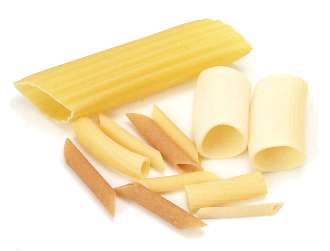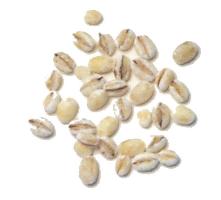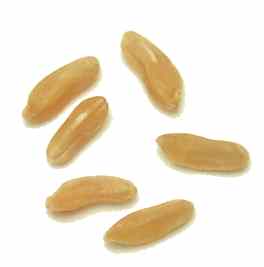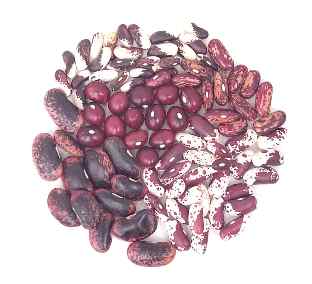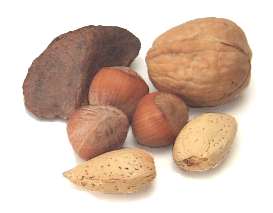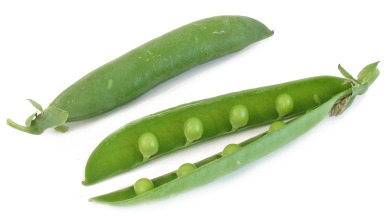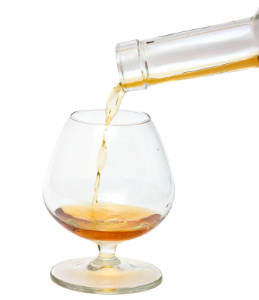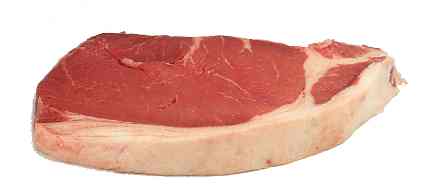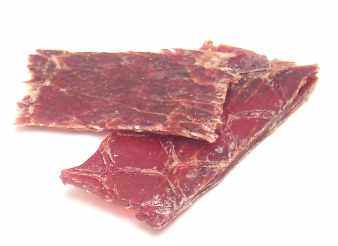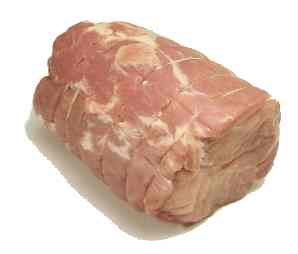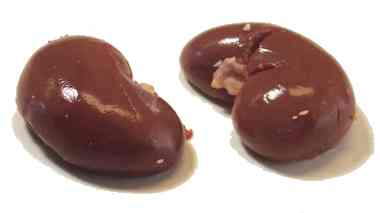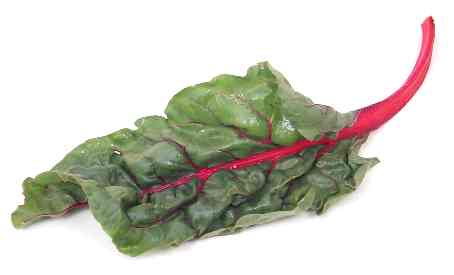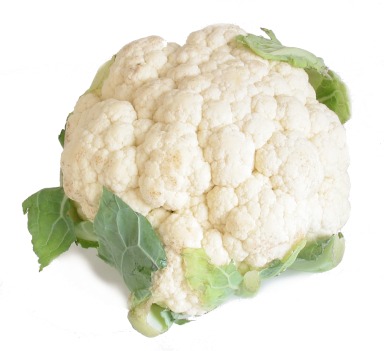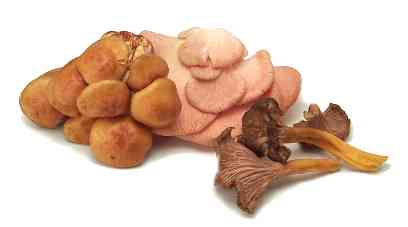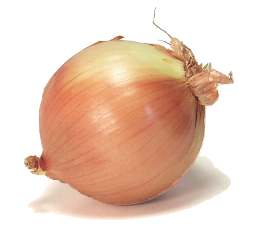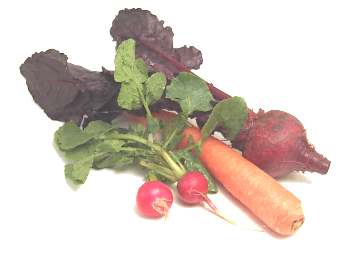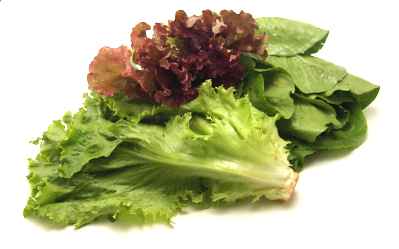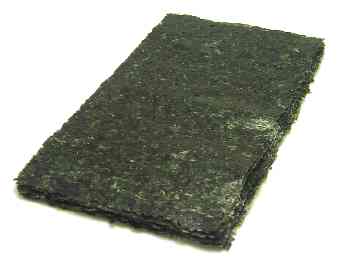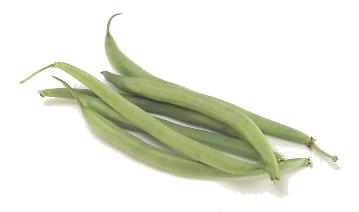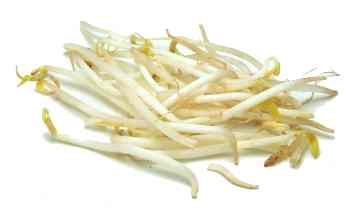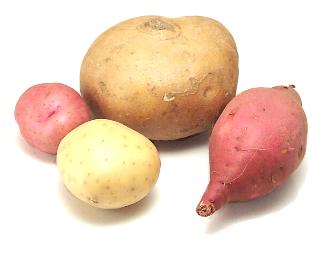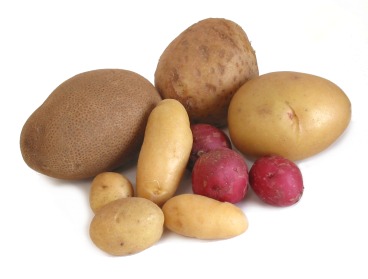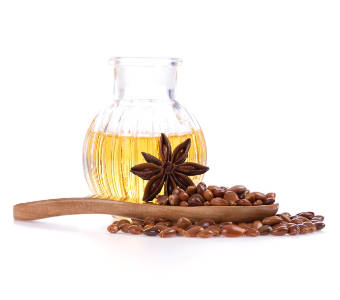All Ingredients
almond paste
This is a paste made with finely ground blanched almonds, sugar, glycerin, and sometimes almond extract. Bakers use it to make cakes and cookies. Bitter almond paste is flavored with oil of bitter almonds, and is worth seeking out if you plan to make amaretti. Look for tubes or cans of it among the baking supplies at your supermarket.
Learn morealmonds, blanched
Shelled almonds have a slightly bitter brown skin which can be removed by blanching them. To do this, drop shelled almonds into boiling water, remove the pan from the heat source and let it stand for two minutes, then drain the almonds and rub off the skins. Many cooks prefer to skip this step and buy their almonds already blanched.
Learn moreAlouette
This is one of several spreadable cheeses that combine cream cheese with various flavorings, like herbs, garlic, pesto, and sun-dried tomatoes. You can set them out with crackers for guests, but your gourmet friends probably won't indulge.
Learn moreAlphonso olives
This large Chilean olive is cured in a wine or wine vinegar solution, which gives it a beautiful dark purple color and tart flavor. Its flesh is very tender and slightly bitter.
Learn morealuminum foil
This is an excellent all-purpose wrapper, able to withstand both heat and cold. It's the best choice if you're wrapping foods for freezer storage, since it works better than plastic wrap at preventing moisture loss.
Learn moreamaranth seeds
These tiny ancient seeds have been cultivated in the Americas for several millennia. They're rich in protein and calcium, and have a pleasant, peppery flavor. One variety of amaranth is grown for its leaves, which are called Chinese spinach.
Learn moreamaretti
These crisp, hard cookies are traditionally made with bitter almonds. Dessert recipes sometimes call for them to be crumbled or ground. Amaretti de Sarnonno are considered to be the best.
Learn moreamaretto
This is a brandy-based liqueur that's flavored with almonds and apricot pits. It complements chocolate, coffee, and fruit especially well.
Learn moreamber rum
This is similar to white rum, but has a stronger flavor. Most of it is made in Puerto Rico, Trinidad, Barbados, and the Virgin Islands. Bacardi, Ronrico, and DonQ are popular brands.
Learn moreambrosia melon
This looks and tastes like a cantaloupe, but the flesh is a brighter orange.
Learn moreamchoor
This is made from sun-dried mangoes, and it's used as a souring agent or to tenderize meats. Indian or Middle Eastern grocery stores carry it.
Learn moreAmer Picon
This is a bitter French apéritif that's usually served with water and a sweetener, or sometimes mixed with beer.
Learn moreAmerican black caviar
If substituting an inferior caviar, consider perking it up with a splash of fresh lemon juice.
Learn moreAmerican eggplant
This is the familiar large, dark purple, pear-shaped variety. Choose small or medium-sized eggplants (these have fewer bitter seeds) with healthy-looking green stems that are firm to the touch, but not too hard. Avoid mushy ones. Store them in the refrigerator.
Learn moreAmphissa olives
These are dark purple Greek olives that are hard to find in the U.S. They're great for snacking.
Learn moreAnaheim chili
These large, mild chiles are perfect for chiles rellenos. Mexican cooks also like to dice or purée them, and then add them to sauces, soups, and casseroles. They have a tough skin, but it peels off easily if you first char the chiles over a flame and then steam them in a paper bag for several minutes. Anaheims are available year-round, but they're best in the summer. You can occasionally find red Anaheims, which are riper and slightly hotter. When dried, this pepper is called a chile Colorado.
Learn moreanasazi beans
These heirloom beans are sweet, fast-cooking, and reputed to cause less flatulence than other bean varieties. They're great for making refried beans.
Learn moreancho chili
These mild, dried poblano peppers have a sweet, fruity flavor and are a staple in Mexican cuisine. They're brownish-black and wrinkled, and commonly used in adobos, moles, salsas, and various sauces.
Learn moreanchovies
It's best to get these salted rather than canned. Rinse the salt off before using. Unopened canned anchovies can be stored for up to a year in a dry, cool place. Once opened, they will keep for up to two days if you wrap them well and refrigerate them.
Learn moreandouille
This is a spicy smoked Cajun sausage that's used in jambalaya and gumbo. Don't confuse it with andouillette, a French sausage that's made from tripe.
Learn moreandouillette
This tripe sausage has an unpleasant aroma and an assertive flavor, but while it's definitely not a crowd-pleaser, it's acquired something of a cult following. Larger sausages are called French andouille.
Learn moreanelli
This variety of Italian pasta consists of small rings. It's used in soups and pasta salads. A tiny version is called anellini.
Learn moreangel food cake
This is an airy white sponge cake made without egg yolks or any fat. It gets its volume from stiffly beaten egg whites, and it's normally baked in a tube pan. Many bakeries sell it ready-made. It will keep its shape better if you cut it with a serrated knife.
Learn moreangel hair pasta
Angel hair pasta is like spaghetti, only the rods are very thin. It's usually served in a broth or with very thin and delicate sauces.
Learn moreangelica
Angelica is prized for its crunchy stems, which are often candied and used to decorate baked goods. You can also use the leaves and stems to add a celery flavor to liqueurs, sauces, and vegetable side dishes.
Learn moreangled loofa
A native of Pakistan, this mild vegetable has a slightly bitter edge that pairs well with sweet and acidic ingredients in stir-fry dishes. You can also eat it raw, or dry it to make a loofa sponge. You can leave the peel on, but some people find the flavor off-putting. Remove any large seeds if you wish to cut the bitterness.
Learn moreAngostura® bitters
This famous rum-based brand of bitters was first developed in the 1800s by Simon Bolivar's personal physician. It's 45% alcohol, and comes in small brown bottles with yellow caps. It's now produced in Trinidad.
Learn moreanise
This is a name sometimes given to drier anise-flavored liqueurs, like pastis, ouzo, and arak.
Learn moreanise extract
This tastes like licorice, and it's typically used to flavor cakes and cookies.
Learn moreanise oil
This imparts a licorice flavor to foods. Look for it near the spices in large supermarkets or in candy supply stores or pharmacies. You can store flavoring oils indefinitely in a cool, dark place.
Learn moreanise seed
Cooks use anise seed to impart a licorice flavor to baked goods, liqueurs, and candies.
Learn moreanise-flavored liqueurs
This is a category of liqueurs that are flavored with either anise, star anise, or licorice. Examples include anisette and pastis from France, ouzo and mistra from Greece, anesone and sambuca from Italy, anis and ojen from Spain, and kasra from Libya.
Learn moreanisette
This French liqueur is flavored with anise seeds. It's sweeter and lower in alcohol than other anise-flavored liqueurs. Marie Brizard is a well-respected brand.
Learn moreAnjou pear
These economical pears aren't as tasty as some of the other varieties, but they're still good for both eating and cooking. The peel stays light green even when the pear is ripe.
Learn more













